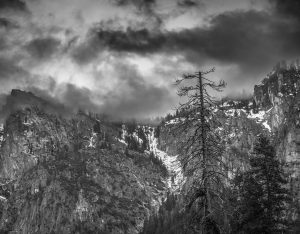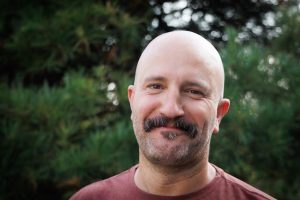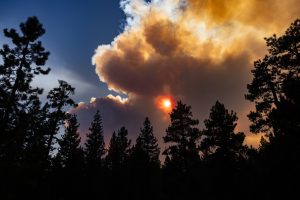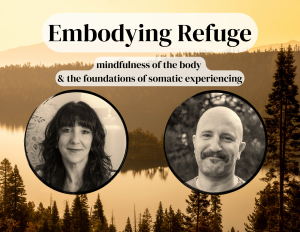A short topic written for reading at a weekly Recovery Dharma meeting. This particular topic was adapted from a talk given by my teacher, Matthew Brensilver, on retreat in August 2020.
In traditional Buddhism, there’s a lot of discussion about an awakening, which we refer to as Nirvana, the end of suffering. A complete end to suffering is a lofty goal and may, at times, seem a bit out of reach. The good news is that the practice of the Dharma is not an all-or-nothing scenario. There is noticeable progress on the path and less suffering along the way. Recovery Dharma represents a gradual path of development toward not just lifelong renunciation of addictions, but also toward becoming an increasingly better person for ourselves and for the world.
So, let’s not talk about an awakening. Let’s talk about spiritual maturity and what something like progress on the path might look like for those of us who implement the principles and practices of the Dharma.
With consistent practice, we will begin to have experiences that transform suffering. Sometimes, this will come as resounding insights that change our relationship to pain in an instant. Most times, this will come as the gradual digestion of pain and trauma. We will progressively come to see the good that has come from past suffering and carry that perspective into the present moment, reshaping it with wisdom and love.
With consistent practice, we begin to develop an exquisite sensitivity to harm and a deepening of our love for the world. We will become so intimate with suffering that it becomes inherently impossible to knowingly cause harm to others. Our lives begin to form around a persistent care for the welfare of others, knowing in our cores that we are all in this together.
With consistent practice, we begin to grow into profound humility, understanding that the more we know, the more there is to know. We begin to comprehend the inherently deluded nature of our own minds and we question certainty in anything, understanding that certainty moves a person down the continuum toward violence. We begin to live by the adage, “When I’m right, it’s tentative. When I’m wrong, I know for sure.”
With consistent practice, we begin to develop an unshakable faith. Not faith in a being, not faith in a god – no, we develop faith in the practice because of the fruit it has borne for us. The Dharma will become a true refuge and we will increasingly need less external motivation for practice.
And so, with consistent practice, we come to know that awakening is not a thing, not a state, not a badge, and not just an end goal. Awakening is the path. Awakening is the practice itself.





